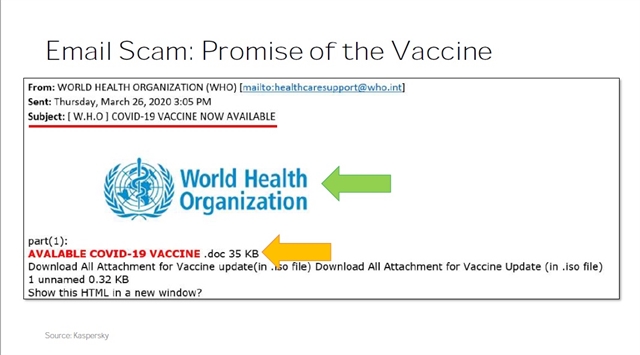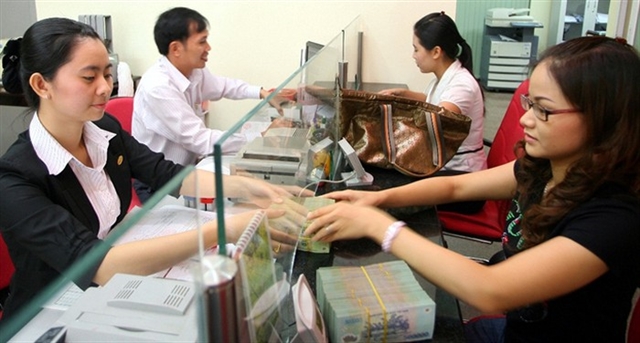
HÀ NỘI — Bond yield rates are forecast to increase in the short term as the Government looks at ways to support the socio-economic recovery once the coronavirus crisis abates.
The State Treasury of Vietnam this week raised a total of nearly VNĐ1.3 trillion (US$55.3 million) from G-bonds.
A total of VNĐ3.5 trillion was offered for sale with terms of 10, 15 and 20 years.
The bonds were sold at annual interest rates of 2.38 per cent (10 year), 2.73 per cent (15 year), and 3.1 per cent (20 year).
The rates increased by 0.1 percentage point each from the previous week.
G-bond interest rates for all terms have gained slightly since the beginning of March.
Interest rates were expected to keep growing as the Government needed more money to finance its socio-economic development activities and support businesses and people hit by the disease, according to MB Securities Co (MBS).
“The demand for money will push the Government to raise bond yield rates to attract more investors,” MBS said in a report. “If the rates are not improved, the ratio of sold-out bids will remain low.”
G-bond interest rates for 10-year and 15-year bonds hit record lows of 2.18 per cent and 2.51 per cent per annum in March. The ratio of sold bonds in March was equal to only 6 per cent of the offered amount.
The State Treasury has raised a total of VNĐ34.8 trillion from G-bonds since the beginning of the year, and expects a total of VNĐ300 trillion to be sold by year-end.
In the first three months, a total of nearly VNĐ33 trillion was raised, equal to 60 per cent of the plan. The rate was lower than the 94.5 per cent recorded in the first quarter of 2019 and the 82.2 per cent posted in the fourth quarter of 2019.
Nguyễn Đức Hùng Linh, director of Retail Research and Investment Advisory, Retail Brokerage at SSI Securities Corp, said the interest rates for all terms had declined too much and the issuer was focused mainly on long-term bonds such as 20-year and 30-year terms.
“The terms are too long for commercial banks, which are major buyers,” Linh said.
G-bonds would remain attractive to investors, but in the short term the development of COVID-19 and its impacts on global socio-economic conditions were the biggest variables, Linh said.
“Such variables will have severe effects on the banking-financial system, cash liquidity and foreign exchange rates,” he said.
COVID-19 would reach its peak in the second quarter and economic activities would remain stagnant, Linh forecast.
“That would force the Government to look for funding resources from the State budget and G-bonds, which will curb cash liquidity in the banking system and hike bond rates.” — VNS































